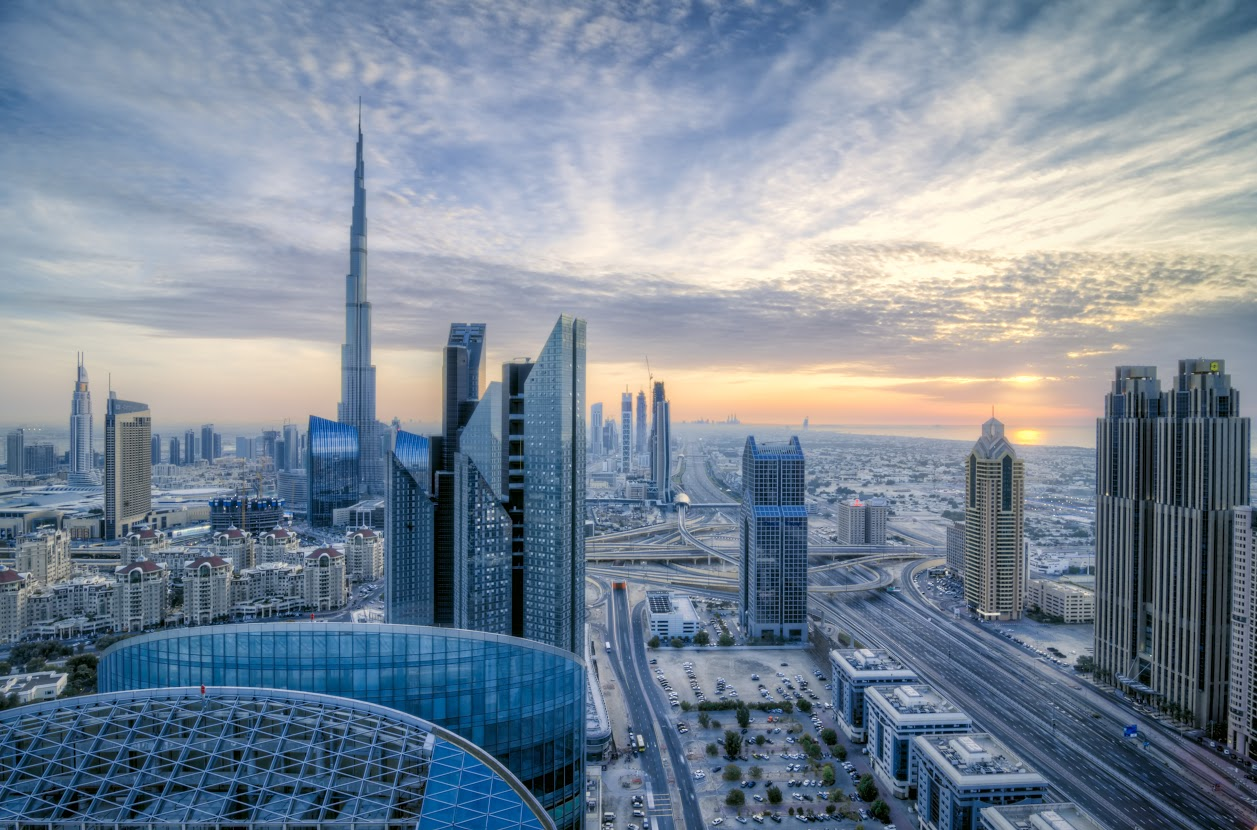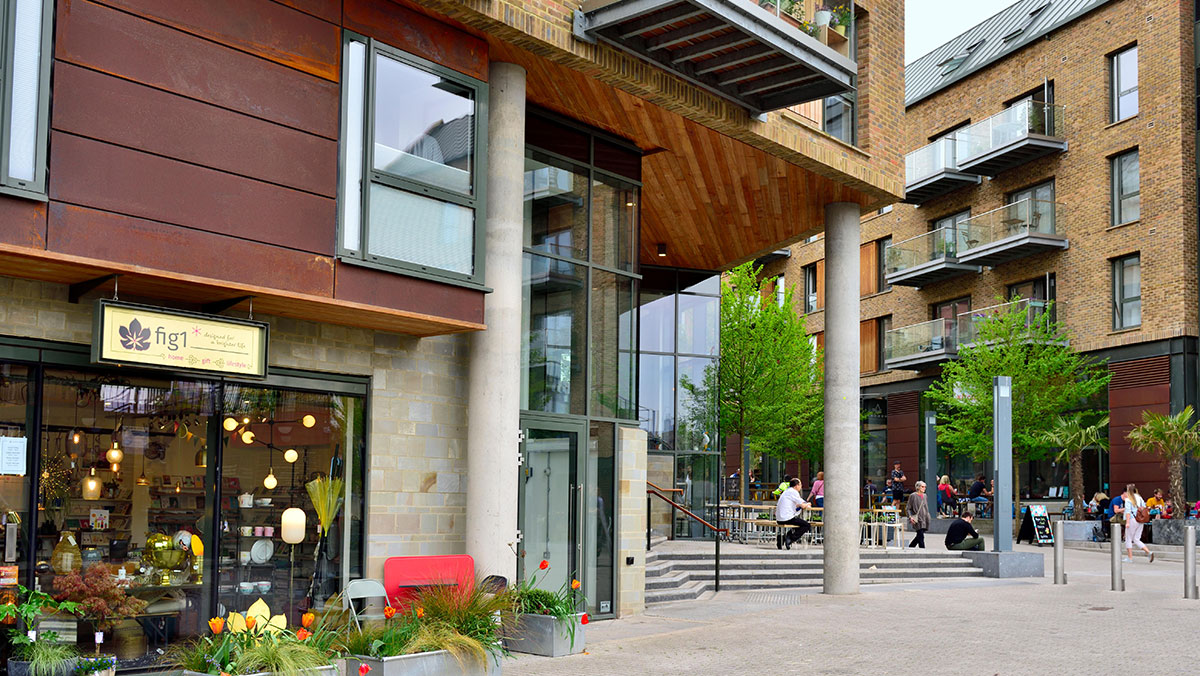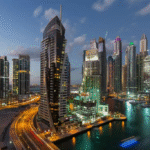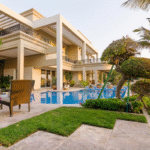Now Reading: Top 7 Modern Real Estate Trends You Must Know Today
-
01
Top 7 Modern Real Estate Trends You Must Know Today
Top 7 Modern Real Estate Trends You Must Know Today
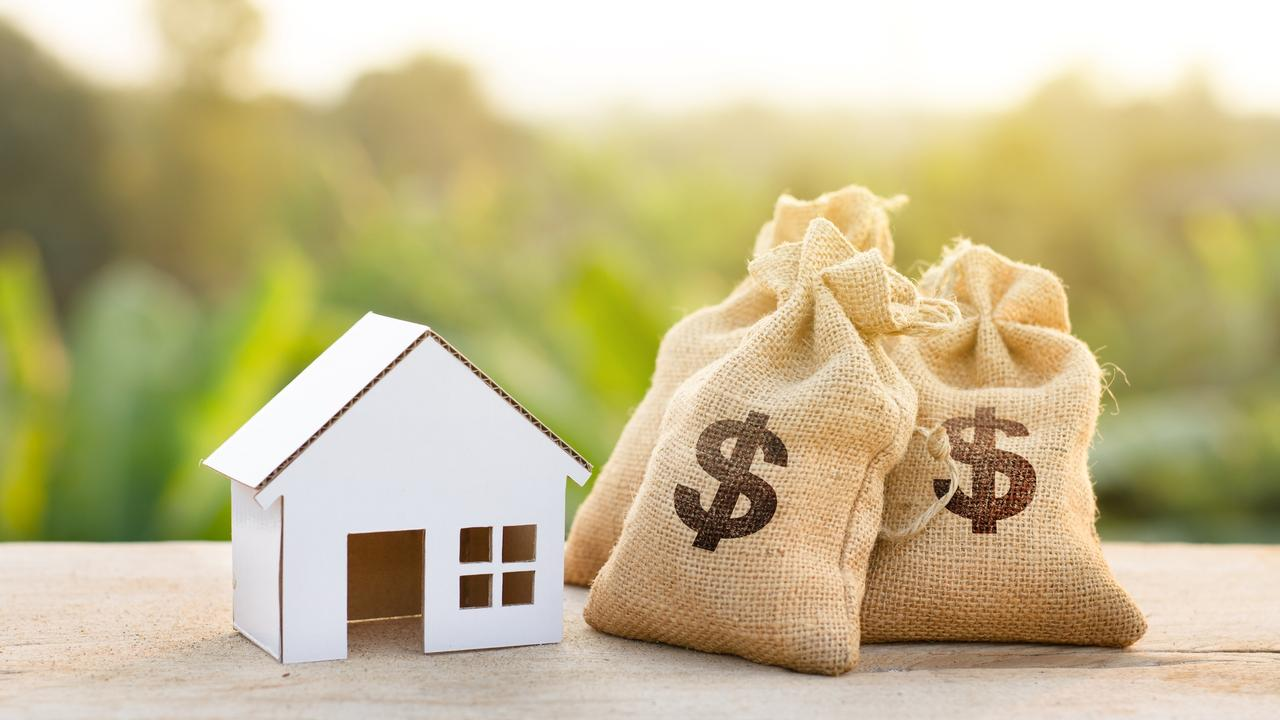
Table of Contents
The real estate world is rapidly evolving in 2025, thanks to changing lifestyles, new technology, and shifting economic needs. Buyers, sellers, and investors are now focusing more on smart features, eco-conscious designs, flexible living, and digital platforms. These modern real estate trends are not only redefining how homes and properties are built, but also how people find, use, and invest in them.
Whether you’re a first-time buyer or an experienced property investor, understanding these trends can help you make smarter decisions in the current market. Here’s a look at the top real estate trends shaping 2025.
1. Smart Homes Are the New Standard
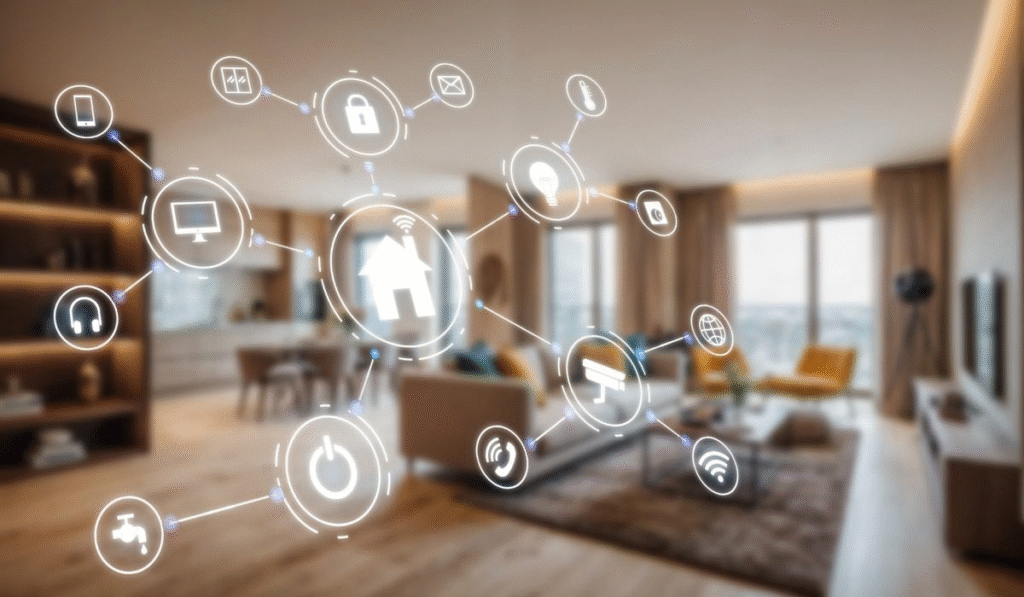
Smart home technology is no longer a luxury it’s quickly becoming a necessity. Properties equipped with voice assistants, smart locks, lighting control, security cameras, and energy-efficient appliances are highly attractive to modern buyers.
These features don’t just make life easier; they also increase the value of a home. Home automation also improves safety and can help homeowners reduce utility costs. As more people prioritize convenience and efficiency, smart homes are leading the way in modern real estate.
2. Eco-Friendly and Sustainable Properties
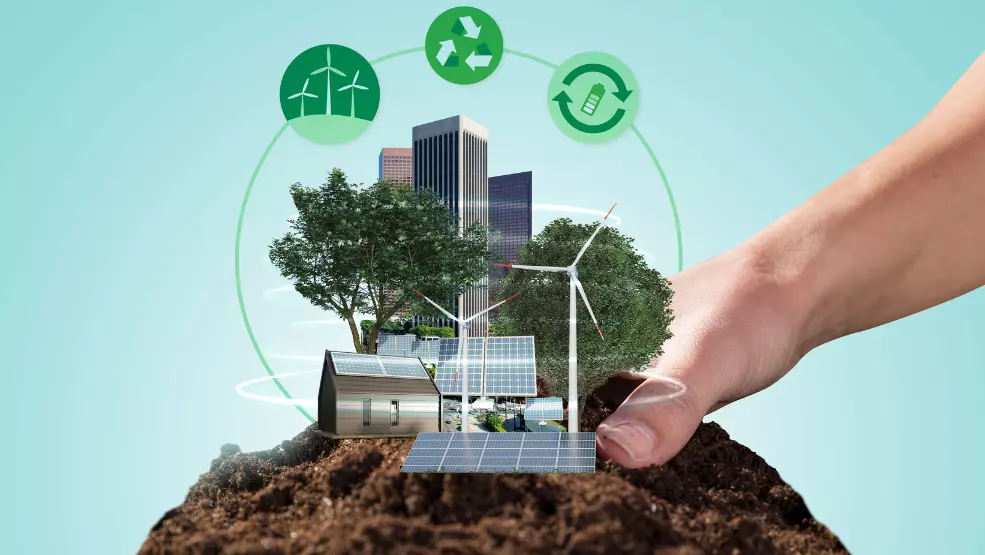
Sustainability is more than just a buzzword in today’s real estate market. Buyers are demanding homes that are environmentally responsible, energy-efficient, and built with sustainable materials.
Solar panels, rainwater harvesting systems, green roofs, and sustainable insulation are just some features becoming more common. Developers are also aiming for certifications like LEED (Leadership in Energy and Environmental Design) and EDGE (Excellence in Design for Greater Efficiencies) to attract eco-conscious customers.
More buyers are willing to pay extra for homes that reduce their carbon footprint and long-term utility bills. In urban areas, green buildings are seen as both smart investments and responsible choices.
3. Rise of Mixed-Use Developments
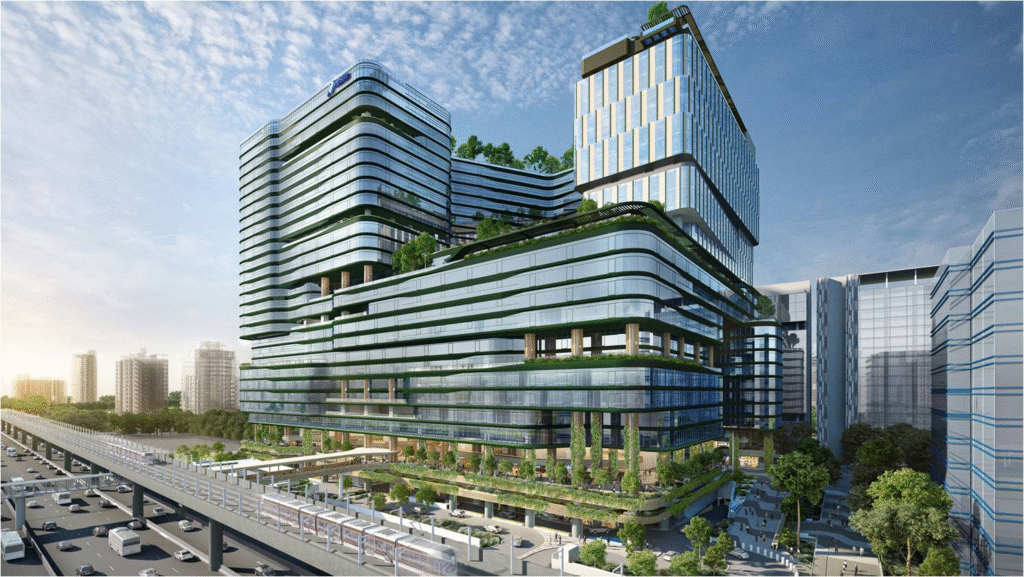
Modern city dwellers want convenience. This has led to a rise in mixed-use developments—buildings or communities that combine residential units, office spaces, retail outlets, and recreational areas in one location.
These developments are popular in big cities, especially among young professionals and remote workers. The idea is to live, work, shop, and play in one place. It saves time, reduces commuting, and creates a more vibrant community.
Governments and developers are now focusing on planning such projects to make cities more livable and walkable.
4. Flexible and Remote Workspaces at Home

The work-from-home culture that started during the pandemic has evolved into a permanent trend. Now, people are looking for homes that offer dedicated office space, strong internet connectivity, soundproof rooms, and comfortable work environments.
This change is pushing architects and developers to design homes with flexible spaces that can double as offices, studios, or learning areas. In larger homes, having more than one office space is now a selling point.
Real estate agents report that listings with proper home offices tend to sell faster and at higher prices.
5. Technology in Real Estate Transactions

Technology is streamlining the property buying and selling process like never before. Online property portals, 3D virtual tours, AI-driven property recommendations, and blockchain-based contracts are becoming the norm.
Buyers can now view multiple properties online, get financing pre-approvals instantly, and even close deals digitally. This makes the entire process faster, safer, and more transparent.
In addition, artificial intelligence is helping investors find properties with the best return potential, using data analysis and market forecasting tools.
6. Co-Living and Shared Housing Solutions
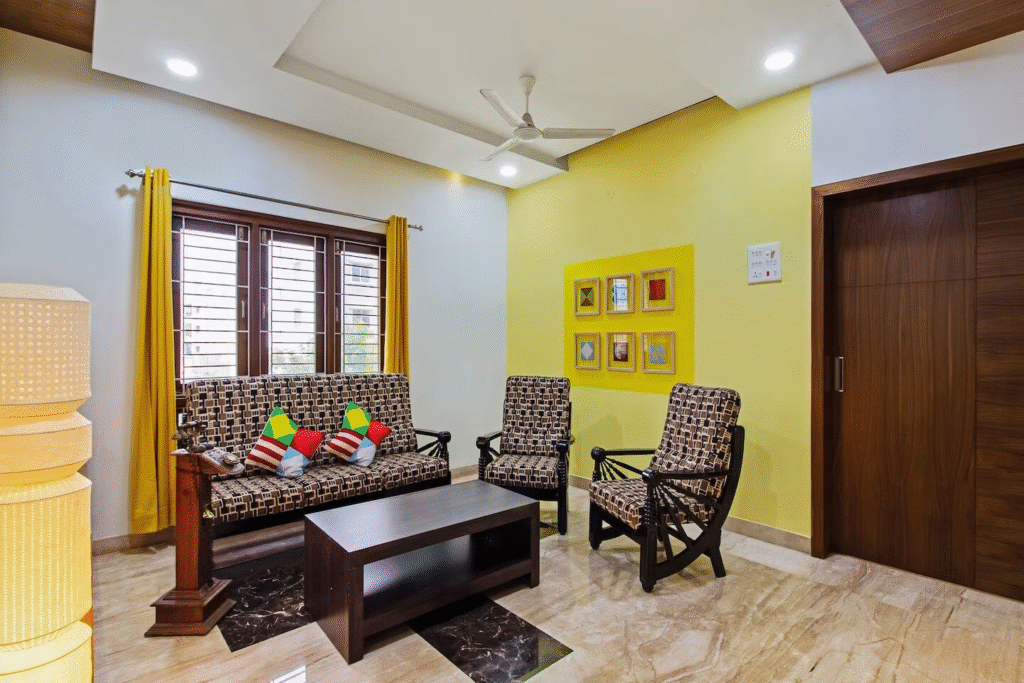
In big cities where property prices are high, co-living spaces are emerging as an affordable and community-based housing option, especially for young professionals and students.
These are fully furnished homes or apartments where tenants rent private rooms and share communal areas like kitchens, lounges, and workspaces. The trend supports affordability, social interaction, and flexible leases.
Co-living spaces are managed professionally and offer services like cleaning, laundry, and Wi-Fi, making them attractive for a new generation of renters.
7. Real Estate Investment via Fractional Ownership
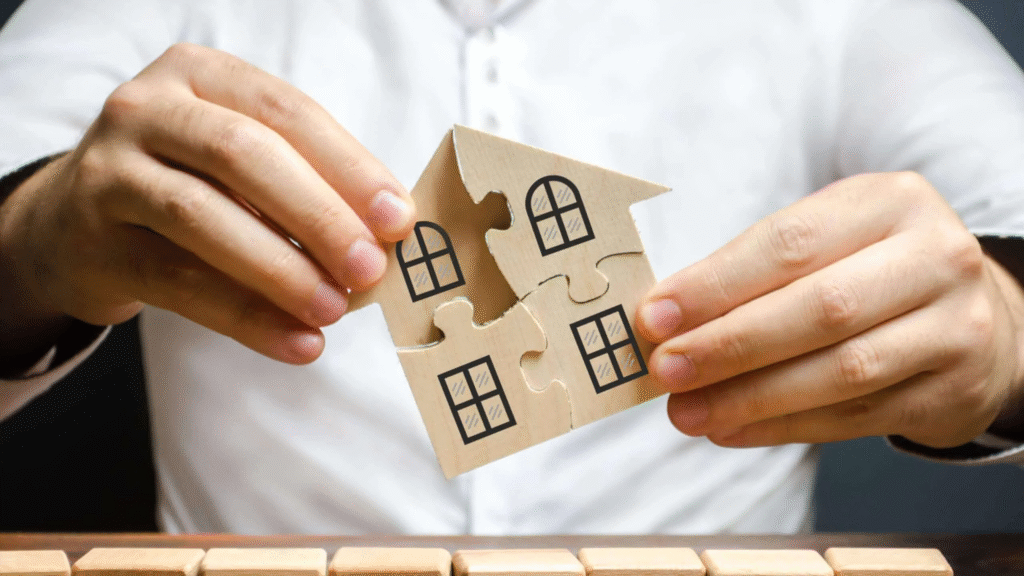
Modern real estate investment is also changing. With fractional ownership, people can now invest in high-value properties by pooling their funds with others. This allows investors to own a share of premium commercial or residential properties and earn rental income or profits from value appreciation.
Platforms offering such investment models are growing in popularity because they make real estate accessible to more people with lower capital.
This trend is ideal for younger investors, digital nomads, and anyone looking to diversify their portfolio with minimal risk.
8. Migration to Smaller Cities and Suburbs

With remote work and digital lifestyles, more people are choosing to leave crowded cities and settle in suburban or tier-2 locations. These areas offer better quality of life, lower living costs, and more spacious homes.
This movement is creating new real estate hotspots in places that were earlier considered “non-prime.” Developers are also entering these markets to offer modern amenities, gated communities, and smart housing projects.
For investors, these growing towns and suburbs offer excellent long-term returns as infrastructure improves.
Conclusion: Stay Ahead by Watching These Trends
The real estate sector is no longer just about “location, location, location.” It’s about technology, sustainability, flexibility, and affordability. Buyers are smarter, investors are savvier, and developers are more innovative than ever before.
Understanding these modern real estate trends will help you stay ahead in a competitive market—whether you’re buying your dream home, investing in rental properties, or launching a new development.
As we move through 2025 and beyond, these trends will continue to shape the way we live and invest in property. The future of real estate is modern, smart, and sustainable.
Read More:- Shobha Realty Launches Its Most Luxurious Project Yet—Full Details Inside 2025



